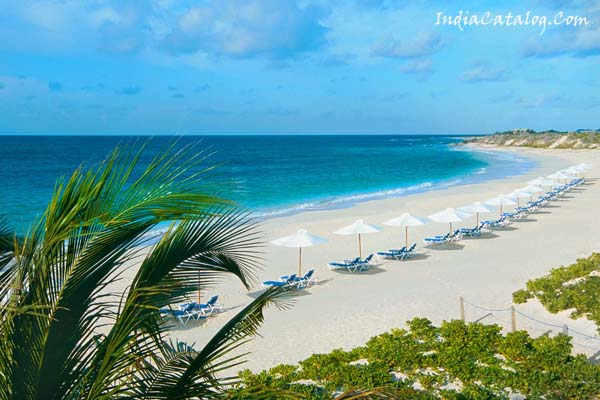Adani Group to invest additional ₹30,000 cr to expand domestic ports ops
.webp)
In a bid to expand its domestic operations, Adani Ports and Special Economic Zone (APSEZ) is now planning to invest ₹30,000 crore in the next two years, The Economic Times reported.
The majority of this investment will go into the Mundra (Gujarat), Dhamra (Odisha), and Vizhinjam (Kerala) ports, and this is over twice the ₹11,000–12,000 crore investment the company had projected for the current fiscal year.
The company has also set a one billion tonnes cargo handling target annually by 2030, out of which 850 million metric tonnes (MMT) is expected to be from the Indian ports, and the remaining 140-150 million metric tonnes from its overseas assets.
APSEZ's FY26 investment plans
According to APSEZ's September presentation, the FY26 investment plan is allocated across ports (₹6,500–7,000 crore), logistics (₹2,300 crore), renewables (₹1,500 crore), and marine services (₹700–800 crore).
The additional ₹30,000 crore capital expenditure will reportedly focus on expanding berths and terminals at Mundra and Dhamra, and on scaling up the Vizhinjam transshipment hub, which has already handled over one million twenty-foot equivalent units (TEUs) within a span of nine months of its launch.
Citing an executive, the report said that every port is currently going through a huge capex cycle.
At the end of FY25, the company had 633 MMT of installed capacity across 15 Indian ports and terminals and handled 450 MMT, giving the company a 27 per cent national share.
Sanctioned oil tanker nears Adani's Mundra port
On Monday, a sanctioned oil tanker, Spartan, carrying Russian crude oil, neared Adani Group's Mundra port, making it one of the last blacklisted vessels to unload at the conglomerate’s facilities, Bloomberg reported.
The Spartan, a Suezmax tanker carrying over one million barrels of Urals crude, was near a discharge point serving HPCL-Mittal Energy Ltd (HMEL). The vessel was sanctioned last year by the United Kingdom and the European Union for facilitating Russian oil supplies. Earlier, on September 11, Adani Group barred all Western-sanctioned tankers from entering its ports, Reuters reported.
Another sanctioned oil tanker shifted its course to Vadinar port after the ban imposed by the Adani Group. The ship, Noble Walker, was carrying about one million barrels of Russian crude oil for HPCL Mittal Energy Ltd (HMEL) and was headed to Mundra in the last week. The tanker is among those blacklisted by the European Union and the United Kingdom.
In the last eight months, Adani's Mundra port handled around 180,000 barrels per day of Russian crude. While the ban was immediate, it does not apply to ships already en route, an Adani Group spokesperson told Bloomberg.
India's Russian oil purchase under scrutiny
India's Russian oil purchase is currently under scrutiny after the US President Donald Trump imposed an additional 25 per cent tariff on India, taking the country's total to 50 per cent. The additional 25 per cent was imposed to pressure Russian President Vladimir Putin to end his war in Ukraine. The move also aimed to pressure India to curb its purchase, which has been at a high since 2022, since the war broke out.

.webp)
.webp)
.webp)
.webp)
.webp)
.webp)
.webp)
.webp)
.webp)
.webp)















